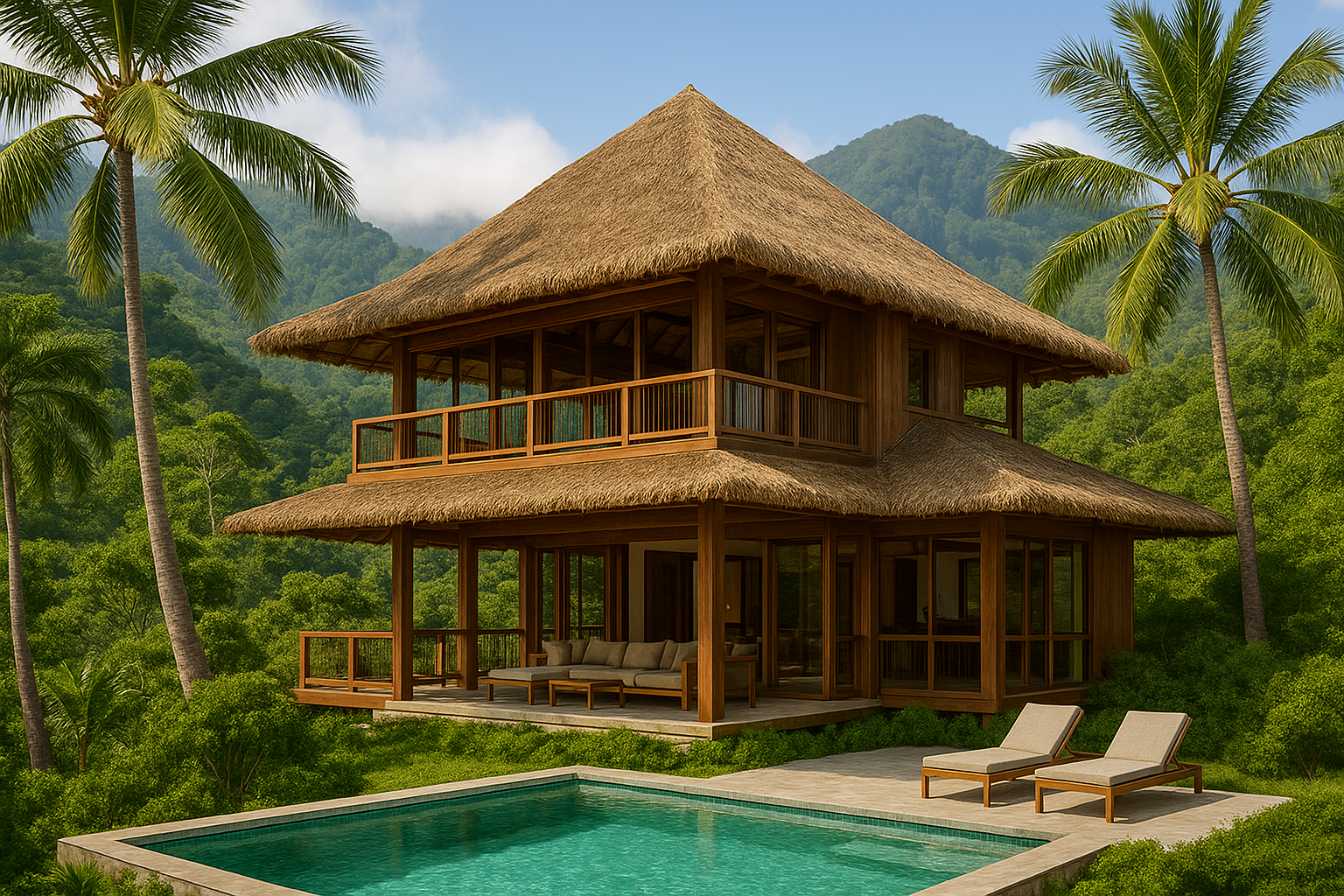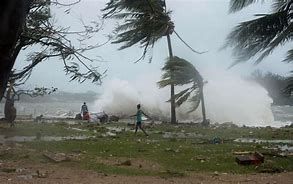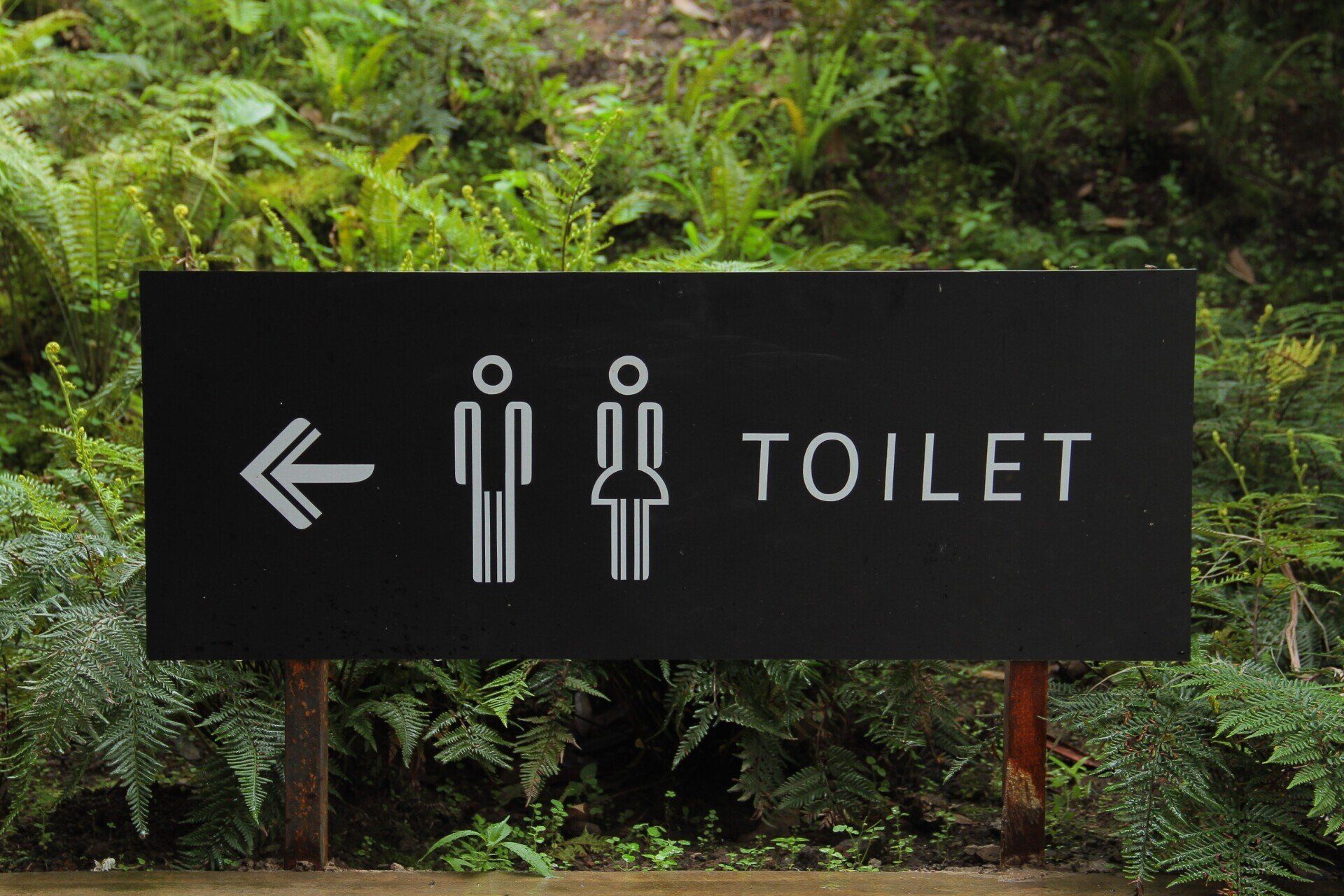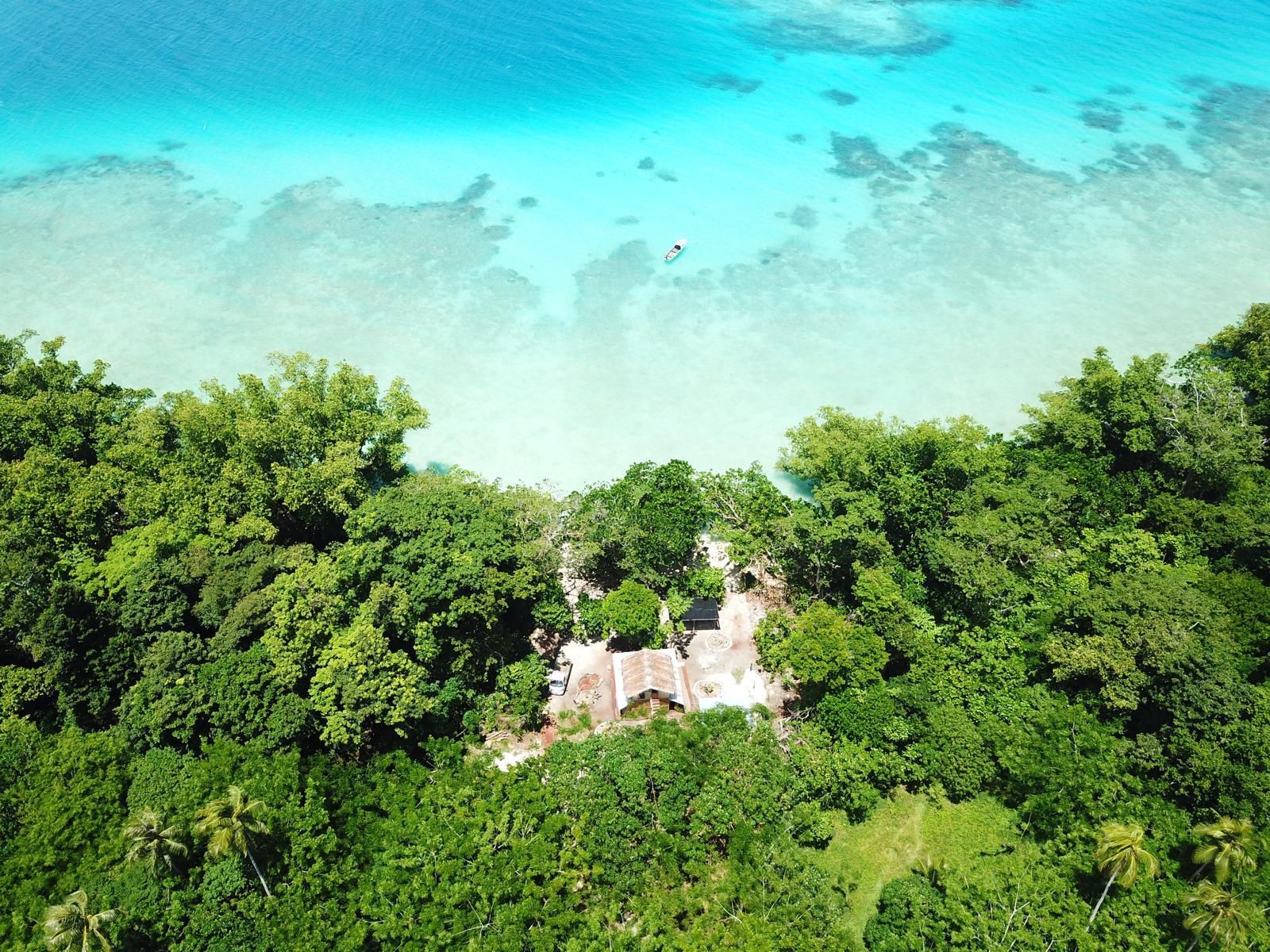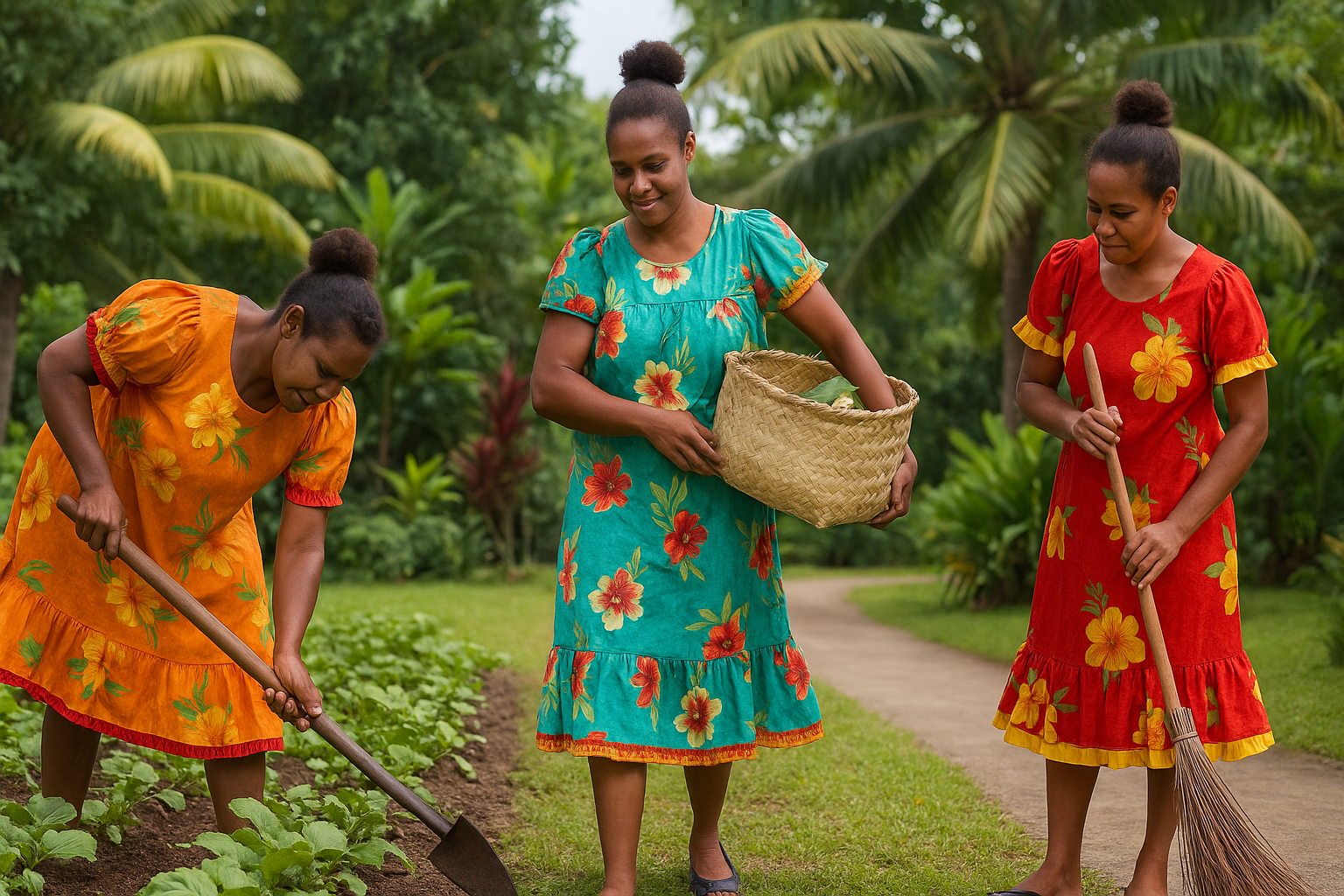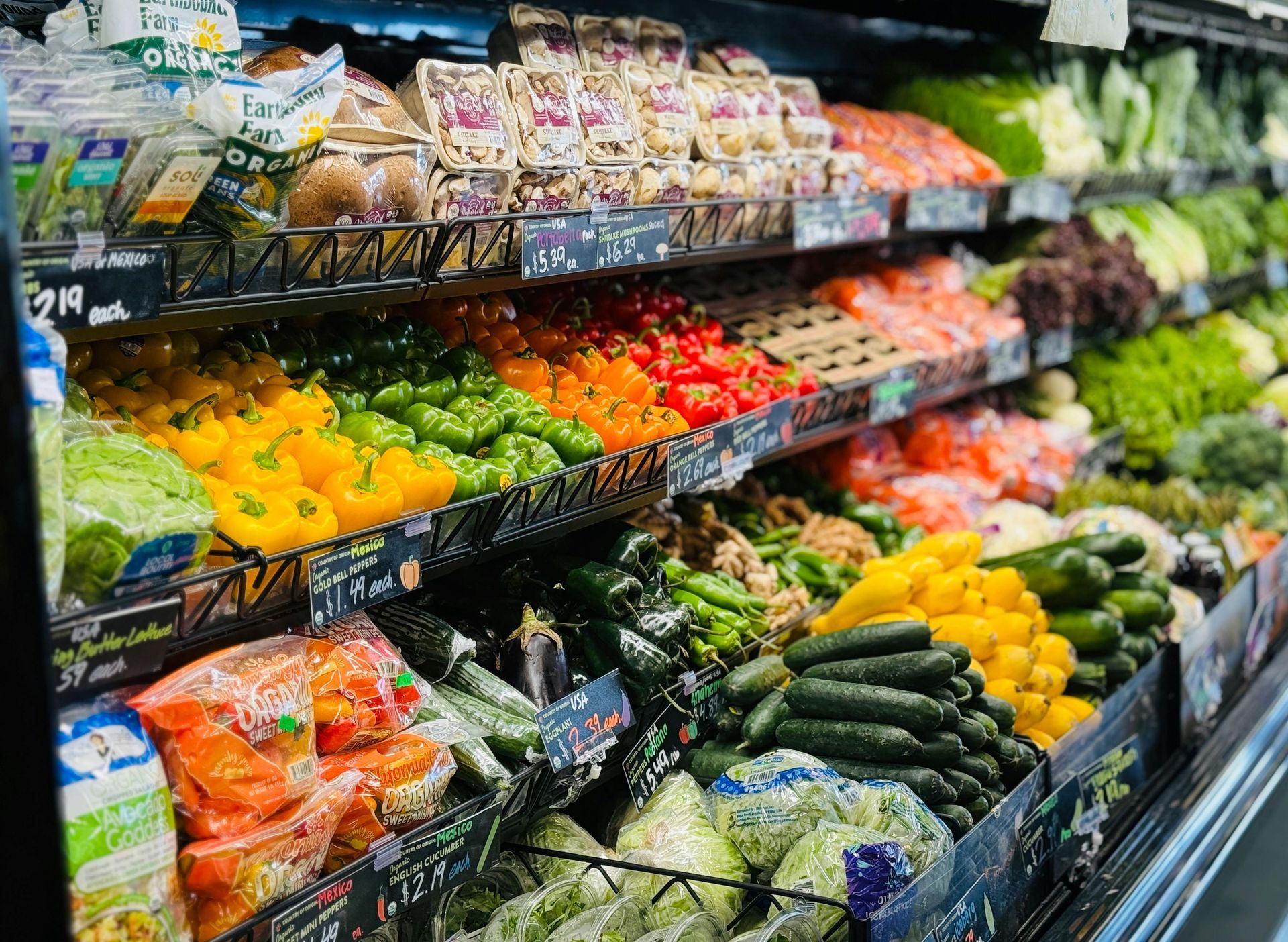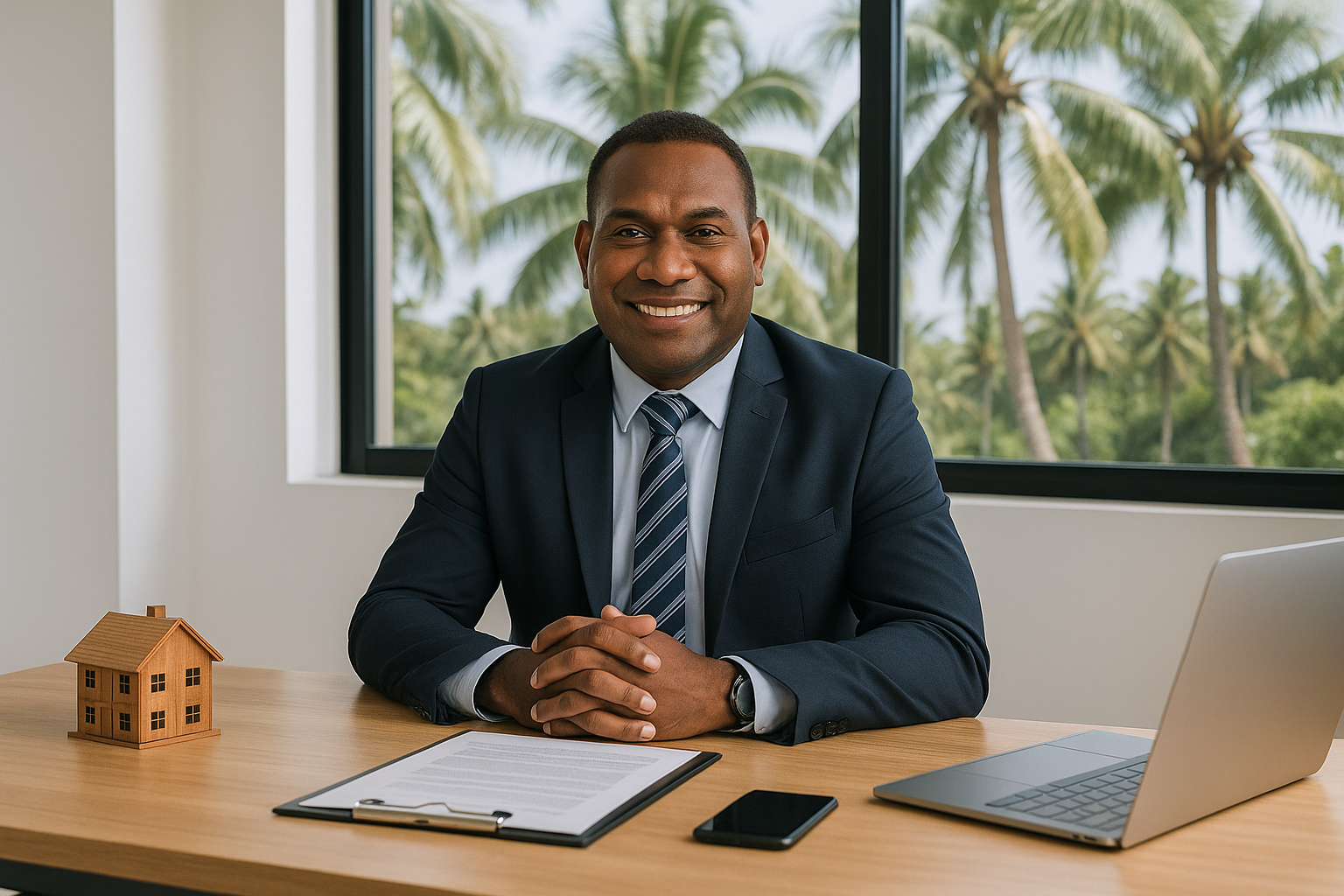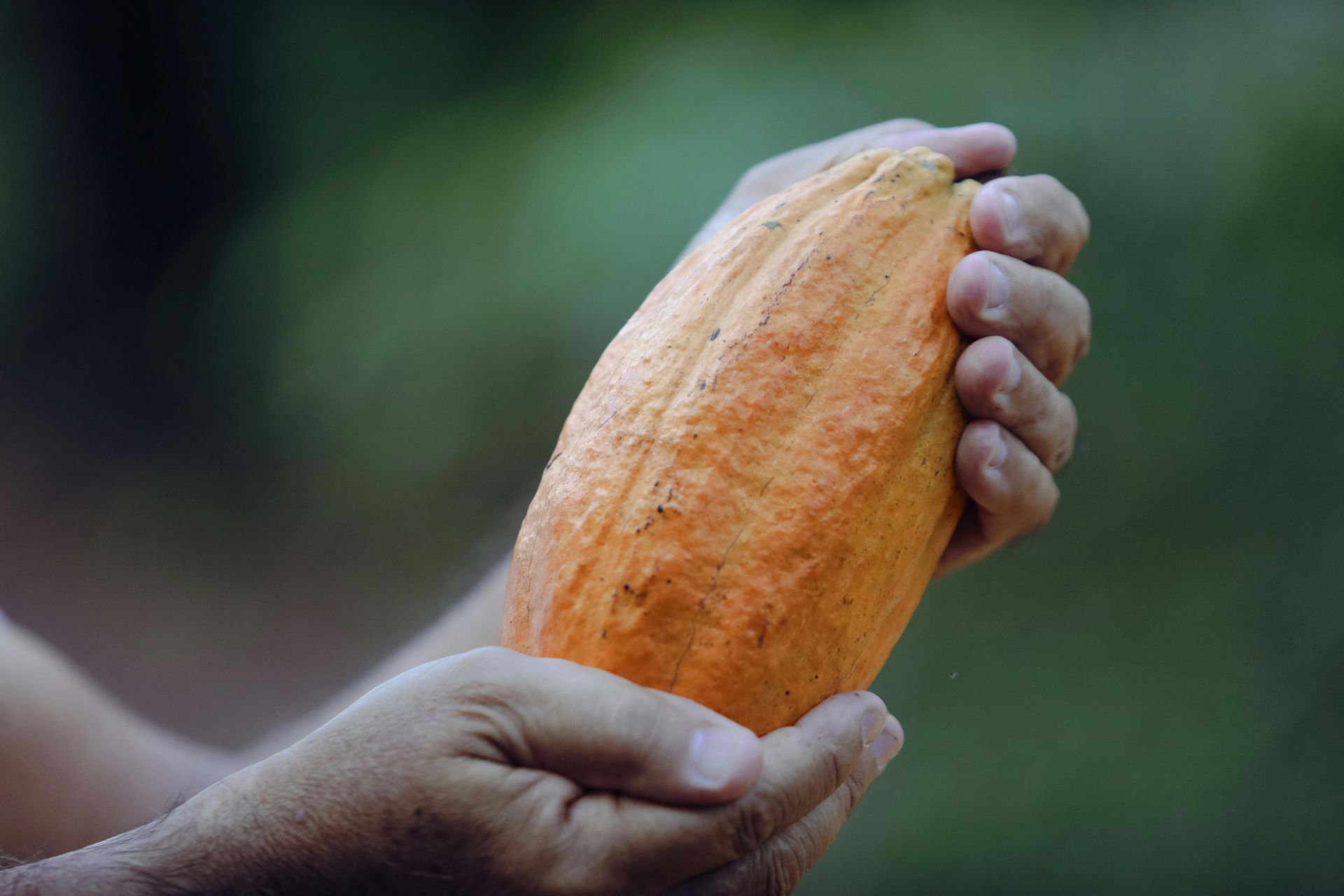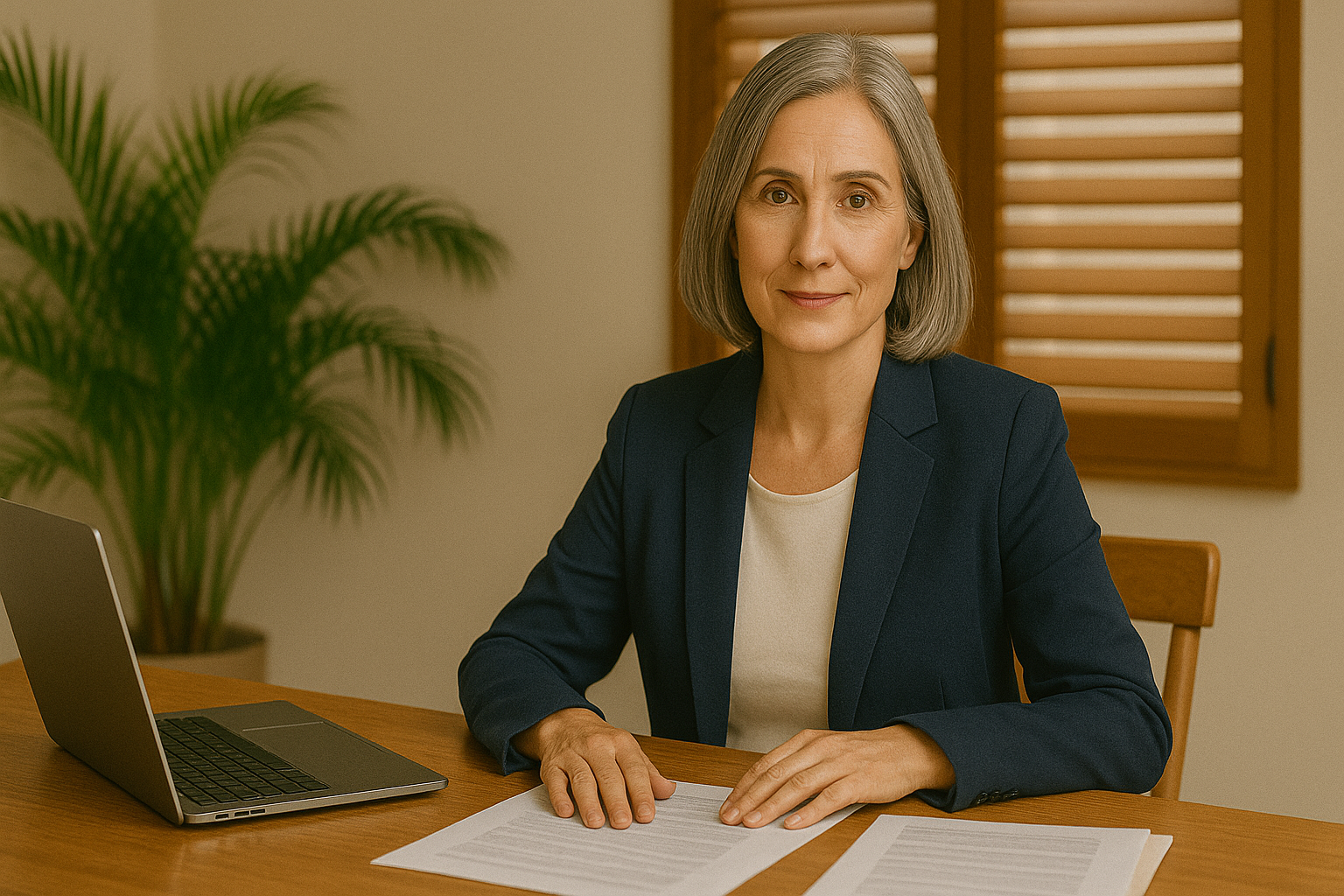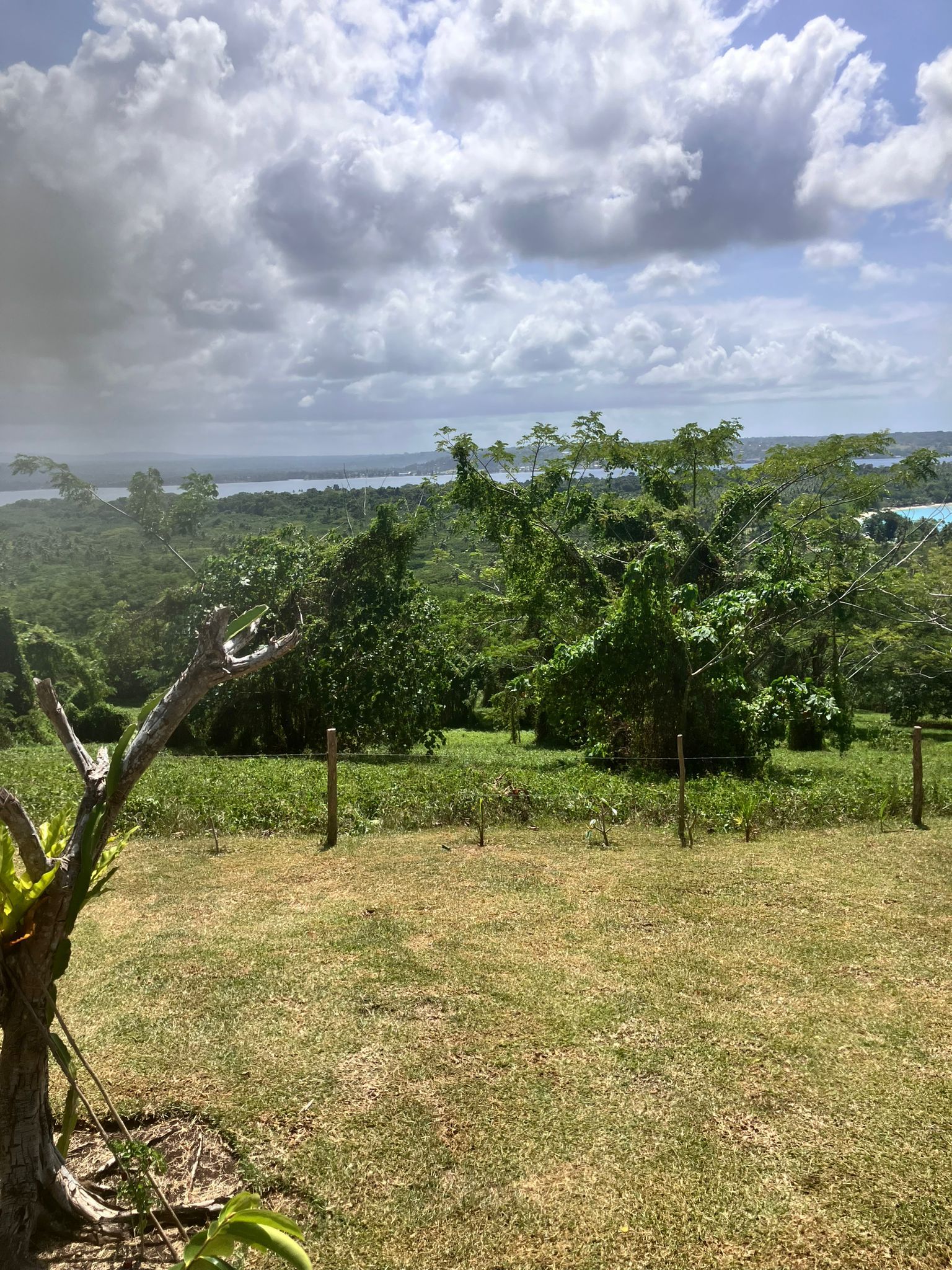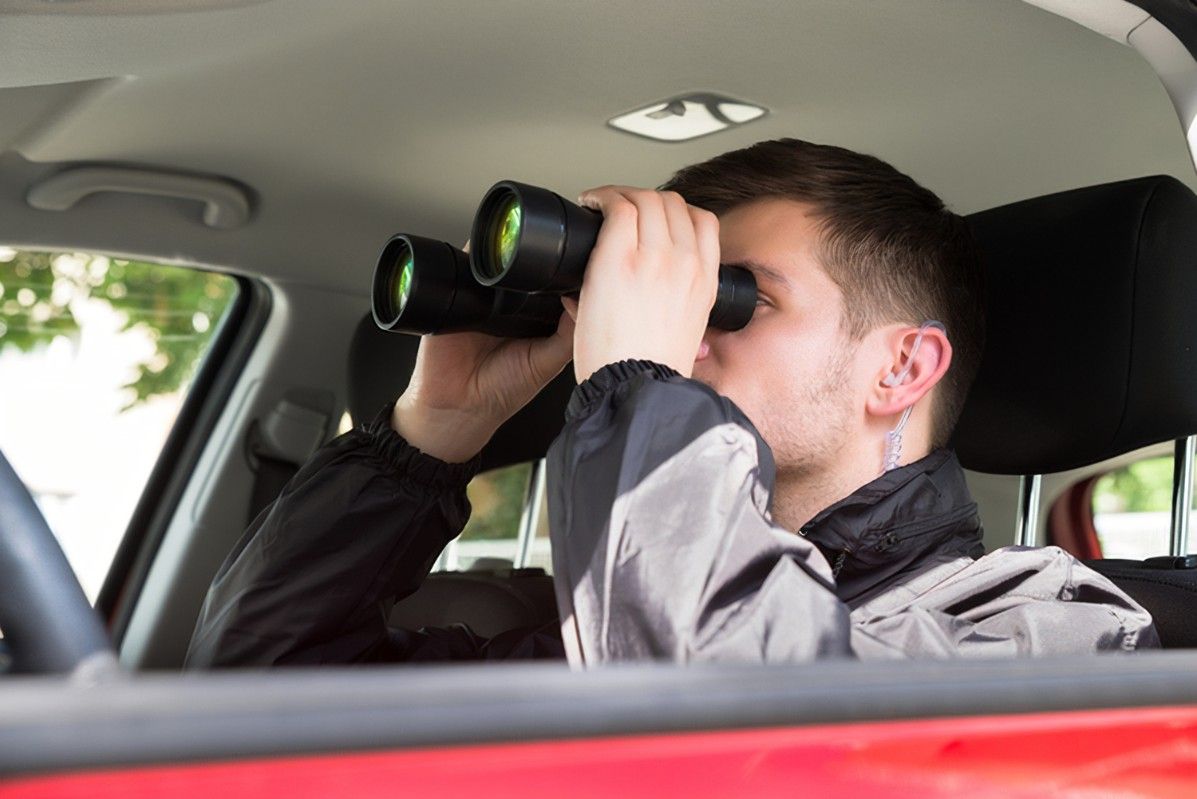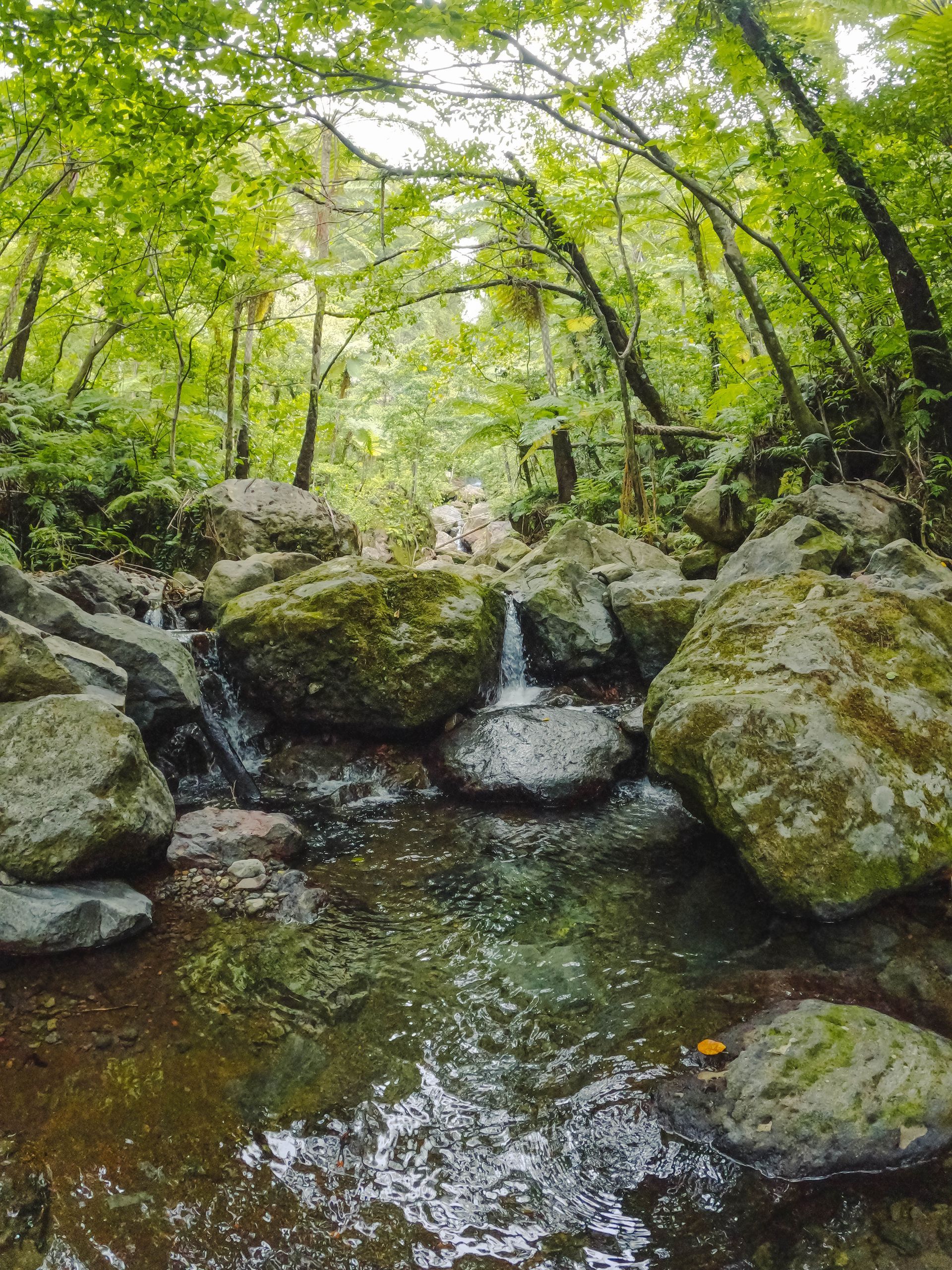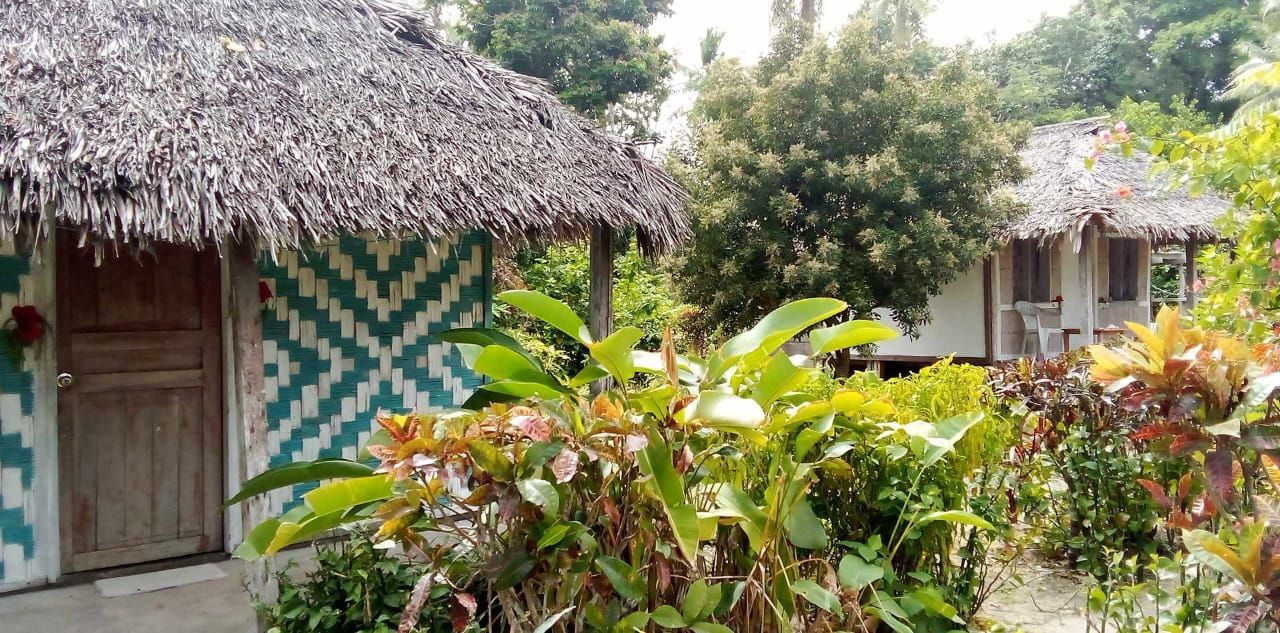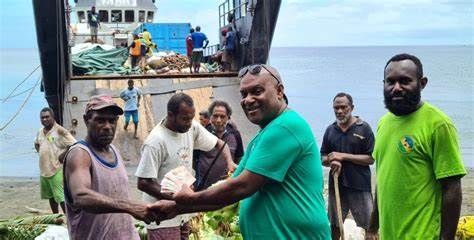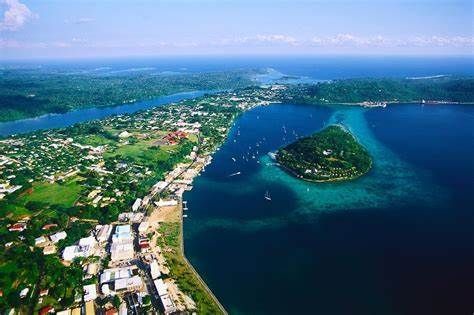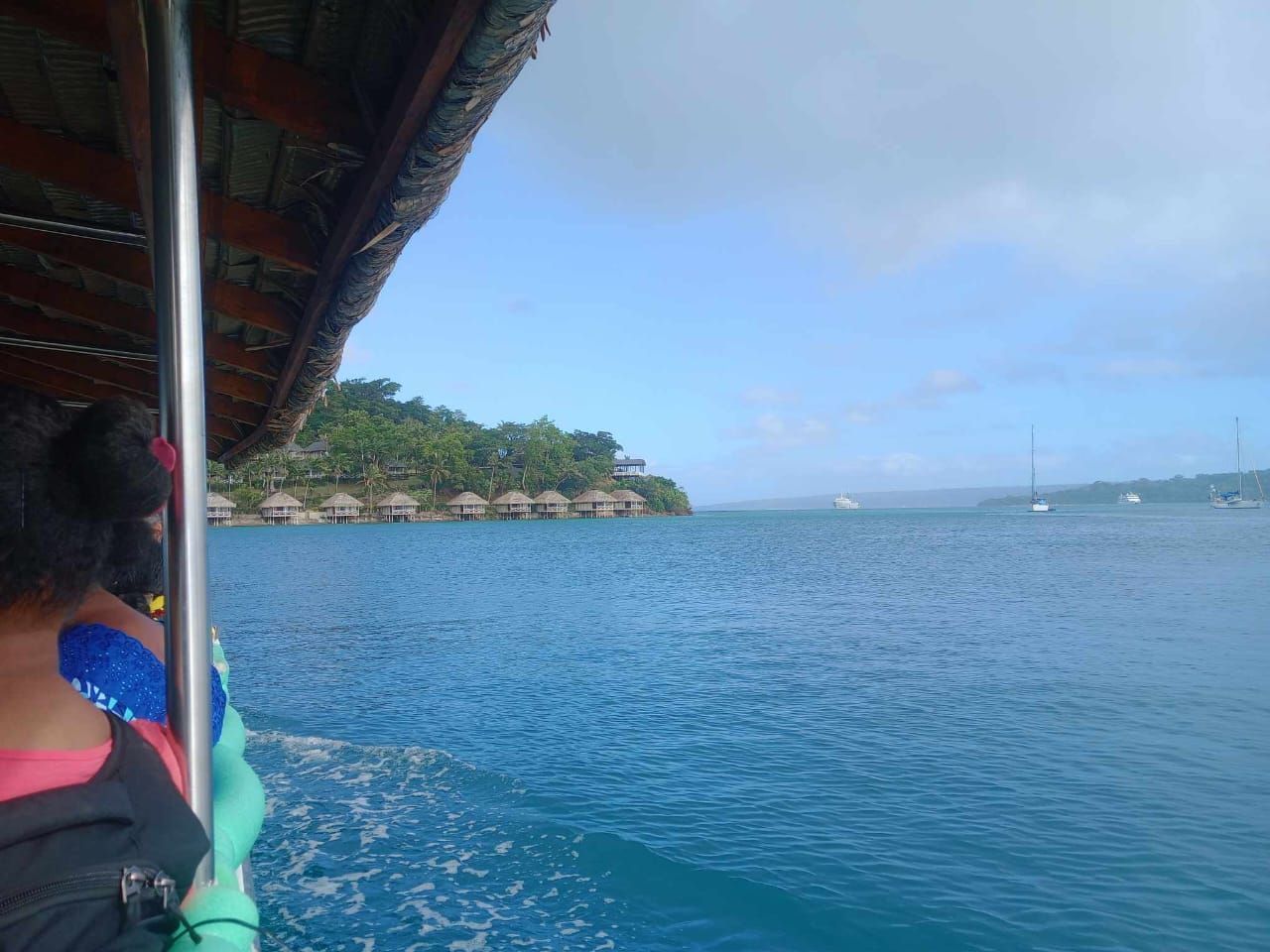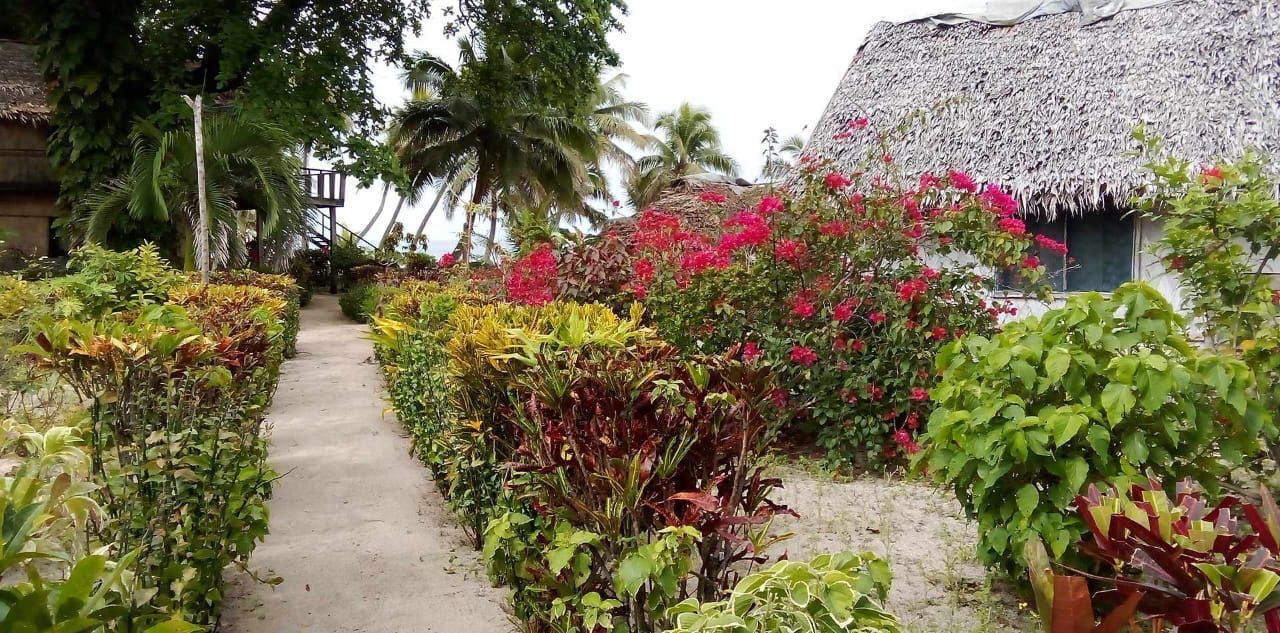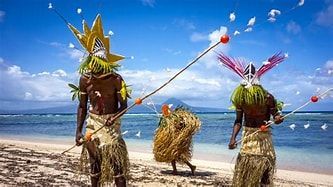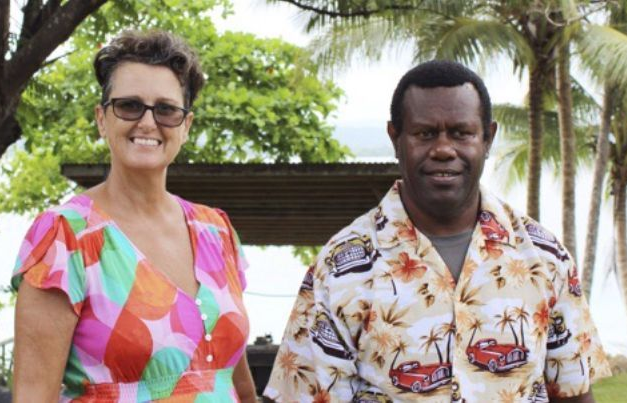Building in Vanuatu
vs. Other Countries
Why Aore Island Leads for
Easy, Affordable Development
Building in Vanuatu especially on Aore Island is one of the simplest, most cost-effective processes in the South Pacific. While many tropical nations bury investors under red tape and inflated construction costs, Vanuatu stands apart for accessibility, local expertise, and relaxed regulations. Here’s a breakdown comparing Vanuatu’s affordability, ease of permits, and material access with typical Pacific or Australian conditions, highlighting why Aore Island is emerging as a prime zone for resort, Airbnb, and villa development.
1. Cost Comparison Building in Vanuatu vs. Abroad
In Vanuatu, the
average cost per square metre is AUD $800–$1200, depending on design, finishes, and materials.
By contrast, building in Australia starts at
AUD $2,000–$3,000 per sqm, and in nearby Pacific hubs like Fiji or Samoa, imported material surcharges push costs to similar or higher levels.
What keeps Vanuatu cheaper:
- Minimal government interference and fast approvals.
- Low labour costs due to skilled local builders.
- Availability of local materials timber, bamboo, coral block, and Colourbond reduces import dependency.
On Aore Island, most Airbnbs and boutique resorts are locally built by locals . Structures range from eco-style bamboo villas to expat-standard steel and block homes, proving that cost efficiency doesn’t mean compromise. You can build a beachfront Airbnb for under AUD $150,000 that would cost triple in Queensland or Fiji.
2. Simplicity of Permits and Applications
Vanuatu’s building process is
straightforward and fast.
Applications require:
- Site plan
- House plan
- Plumbing plan
Permits start from
500 vatu per square metre (about AUD $6).
Approvals are typically issued by the local
provincial council—not centralised bureaucracy—so projects move faster.
There’s
no need for complex environmental impact assessments unless you’re building below the high-tide mark (e.g., jetty or overwater deck).
In contrast, Australian councils demand:
- Full engineering reports
- Multiple inspections
- Environmental and compliance certifications
—each adding months and thousands in consulting fees.
In Vanuatu, particularly on Aore Island, development remains flexible:
- Two-storey height limit keeps builds simple and cyclone-safe.
- Short-term rentals and Airbnbs face no extra red tape a major advantage for investors.
- Colourbond roofing and enclosed septic systems are preferred, not mandatory.
Result: low compliance cost, high speed to completion.
In Australia, building permit (construction approval) fees are generally calculated per square metre — and they vary by state, council, and project type.
Here’s the breakdown:
- Average fee: AUD $10–$25 per sqm
- Example: A 200 sqm home = $2,000–$5,000 permit fee
- Includes: Building approval, compliance checks, engineering certification, and inspection stages.
- Extra costs: Town planning ($1,000–$3,000), environmental or heritage reports, and occupancy certificate ($500–$1,000).
In comparison:
Vanuatu’s permit cost starts at
~500 Vatu per sqm (~AUD $6)
over 70% cheaper and with
fewer layers of approval.
Read more about building in Vanuatu
3. Ease of Access to Building Materials
Local vs Imported
- Local materials: bamboo, coral rock, and local timber durable, cyclone-tested, and environmentally aligned.
- Imported materials: steel frames, Colourbond roofing, treated timber, and fittings can be easily shipped in by barge or boat.
Logistics are simple and affordable:
- Boat or barge delivery from Santo or Port Vila costs between AUD $20–$480 per trip.
- Aore is directly across from Luganville so supplies, water tanks, and concrete can reach the site within hours, not days.
- Builders coordinate barge delivery as part of standard contracts.
Compared to most Pacific islands, where barge schedules are predictable, Aore’s daily water taxi and cargo barge network keeps construction timelines efficient and reliable.
4. Local Building Expertise
Vanuatu’s workforce includes:
- Local builders – licensed, skilled in coral, bamboo, and blockwork.
- Expat builders – available for Australian-standard projects kit homes and tiny homes
- Commercial teams – based in Port Vila for larger builds.
On Aore Island, almost every
resort and Airbnb (over 19 listed) was built by local teams. Their expertise with island conditions salt air, cyclones, and tropical rain makes them
more practical than foreign contractors.
Labourers are affordable, and you supply the tools unless the contractor specifies otherwise.
This flexibility reduces overheads and allows you to scale from a single bungalow to multi-unit beachfront resort without importing staff.
Read about the lifestyle in Vanuatu
5. Infrastructure and Utilities
Power
- Solar dominates. Off-grid systems are cheap, reliable, and scalable.
- Solar appliances (fridges, TVs, lights) are sold locally, or imported from Australia.
- Licensed electricians install and maintain setups affordably.
Water
- Abundant rainfall keeps tanks full year-round.
- Drilled wells cost AUD $1,000–$2,000 depending on depth.
- Water tanks and cement reservoirs are common and available locally.
Plumbing
- Readymade septic systems are sold in hardware stores.
- Local plumbers install cost-effectively.
- No heavy regulatory layers for small-scale rentals or bungalows.
This independence means zero reliance on government utilities—another cost and time advantage over Australia or Fiji.
6. Road Access and Transport
Every property on Aore Island has road or track access.
- Sealed roads serve main zones in Santo; rural areas use 4WD tracks.
- Provincial governments maintain major routes, while rural access roads are maintained by leaseholders.
Material movement is easy:
- Boats can carry a tonne of cement or a cubic metre of timber.
- For smaller jobs, local drivers and boats charge low rates.
This direct logistics chain eliminates the expensive freight and time delays typical in other island nations.
Interested in tips on buying land in Vanuatu
7. Environmental and Flood Safety
Aore Island’s
volcanic soil prevents flooding, and deep coastal shelves make tsunamis rare.
The beachfront high-tide mark defines where you can build permanent structures. BBQ areas or decks can sit in the tidal zone, but homes and villas stay beyond storm-surge range—standard island practice.
Vanuatu’s
environmental regulations are practical, not restrictive. You’ll need a permit only if you build
below the high-tide mark (e.g., jetty).
Otherwise, island builders are free to develop responsibly with minimal oversight.
8. Furniture, Fittings, and Finishing Touches
Hardware stores in Santo supply everything needed—cement, roofing, fittings, plumbing gear.
Local craftsmen produce
custom timber furniture, while designer pieces can be imported via Port Vila.
This ecosystem supports the
entire Airbnb and resort market across Aore Island.
9. The Airbnb and Resort Scene on Aore Island
Despite what some claim,
Aore Island doesn’t have just one resort.
There are
over 9 Airbnbs and boutique accommodations across the island ranging from treehouse villas to oceanfront retreats all
built and managed by expats and locals.
The well-known
Aore Resort sits on prime beachfront, but dozens of smaller operators thrive beside it, many owned by expats who’ve relocated to Vanuatu for lifestyle and ROI.
These locally built properties prove that:
- Small-scale development works.
- Locals are fully capable of delivering resort-quality results.
- Investors don’t need massive teams or offshore contractors to succeed.
Capital gains have been steady, with new builds appreciating annually as tourism demand returns and land values rise.
Setting up Business in Vanuatu
Frequently asked questions about Building
Q: What legislation governs building in Vanuatu?
Q: What legislation governs building in Vanuatu?
A: Building Act No. 36 of 2013 mandates use of the National Building Code.
PWD
Q: What is the National Building Code?
Q: What is the National Building Code?
A: The NBC sets minimum standards for structure, fire, health, etc.
Pacific Regional Infrastructure Facility
+2
Pacific Regional Infrastructure Facility
+2
A new draft “Vanuatu National Building Code 2025” is under development.
duap.gov.vu
Q: Does every building need a permit?
Q: Does every building need a permit?
A: Yes, for new buildings, major alterations, or those that may impact environment/community.
Pacific Regional Infrastructure Facility
Q: What approvals are needed?
Q: What approvals are needed?
A: Typical approvals include:
Environmental Permit (if project causes impacts)
Environment Vanuatu
Building Permit via Town Planning / Building Divisions
Vanuatu Builders
Port Vila Municipality
Clearances from Public Works, Fire, Land Survey, etc.
Vanuatu Builders
Q: What are costs & timelines?
Q: What are costs & timelines?
A: EIA review ~ 15 days, cost ~ VUV 20,000
Building permit fees approx VUV 10,000 application + VUV 875/m² construction fee
Q: What standards are used?
Q: What standards are used?
A: Australian & New Zealand standards referenced in NBC; where gaps, British or ASTM used.
Q: Any rules for foundations, elevation, etc.?
Q: Any rules for foundations, elevation, etc.?
A: Yes. For instance, houses are often elevated 600 mm above ground; use treated piles; corrosion-resistant fixings in coastal zones.
Q: Any height or story limits?
Q: Any height or story limits?
A: In many island areas, two stories is typical for permanent buildings.
Aore Vanuatu
Q: What is Environmental Impact Assessment (EIA)?
Q: What is Environmental Impact Assessment (EIA)?
A: Process assessing environmental, social, custom impacts. Permit needed before starting if impacts expected.
Q: Can you build below high tide mark or on coastline?
Q: Can you build below high tide mark or on coastline?
A: Only with environmental approval. Jetties included in permit regime.
Final takeaway:
If you’re considering building in the South Pacific,
Aore Island in Vanuatu is the fastest, cheapest, and least complicated location to develop. Whether it’s a single Airbnb villa or a small beachfront resort, the combination of
low permit costs, skilled local builders, simple logistics, and proven rental success makes Aore a top-tier investment opportunity in the islands.


